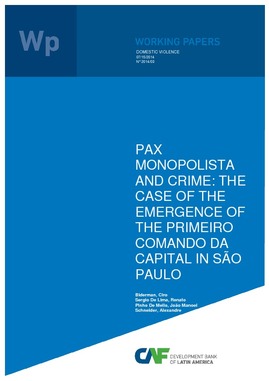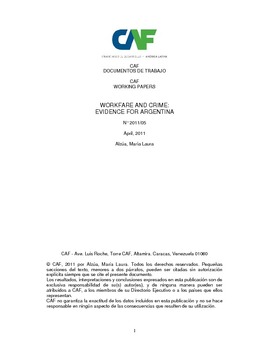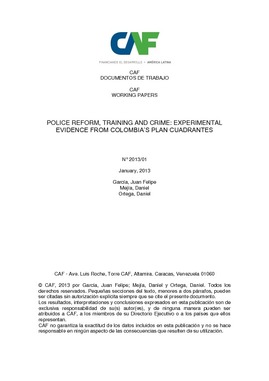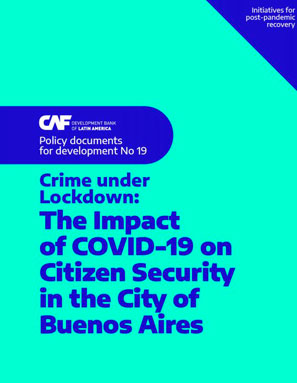Mostrar el registro sencillo del ítem
Pax Monopolista and Crime: The Case of the Emergence of the Primeiro Comando da Capital in São Paulo
| dc.contributor.author | Biderman, Ciro | |
| dc.contributor.author | Sergio De Lima, Renato | |
| dc.contributor.author | Pinho De Mello, João Manoel | |
| dc.contributor.author | Schneider, Alexandre | |
| dc.coverage.spatial | Brasil | en_US |
| dc.date.accessioned | 2015-04-16T22:18:06Z | |
| dc.date.available | 2015-04-16T22:18:06Z | |
| dc.date.issued | 2014-07-15 | |
| dc.identifier.citation | Biderman, C., Sergio De Lima, R., Pinho De Mello, J. M., & Schneider, A. (2014, July 15). Pax Monopolista and Crime: The Case of the Emergence of the Primeiro Comando da Capital in São Paulo. Caracas: CAF. Retrieved from https://scioteca.caf.com/handle/123456789/712 | en_GB |
| dc.identifier.uri | https://scioteca.caf.com/handle/123456789/712 | |
| dc.description.tableofcontents | This paper documents a rare phenomenon: the consequence of the dominance of a single criminal gang in the city of São Paulo, the Primeiro Comando da Capital (PCC). Using unique data to identify entry in geographically well-delimited areas – the Favelas - we explore the timing of the expansion of geographical dominance to estimate the causal impact of its dominance on property and violent crime. Pax Monopolista caused a reduction in violent crime but no impact on property crime. | en_US |
| dc.language.iso | en_US | en_US |
| dc.publisher | CAF | en_US |
| dc.rights | CC-BY-NC | es_ES |
| dc.rights.uri | http://creativecommons.org/licenses/by-nc/4.0/ | es_ES |
| dc.subject | Georreferenciación | en_US |
| dc.subject | Políticas públicas | en_US |
| dc.subject | Seguridad ciudadana | en_US |
| dc.subject | Vivienda | en_US |
| dc.title | Pax Monopolista and Crime: The Case of the Emergence of the Primeiro Comando da Capital in São Paulo | en_US |
| dc.type | workingPaper | en_US |
| dc.publisher.city | Caracas | en_US |
Ficheros en el ítem
Este ítem aparece en la(s) siguiente(s) colección(ones)
-
6.1 Documentos de trabajo en investigación socioeconómica
En esta colección se encuentran los documentos de trabajo sobre temas económicos y sociales prioritarios para la región.






